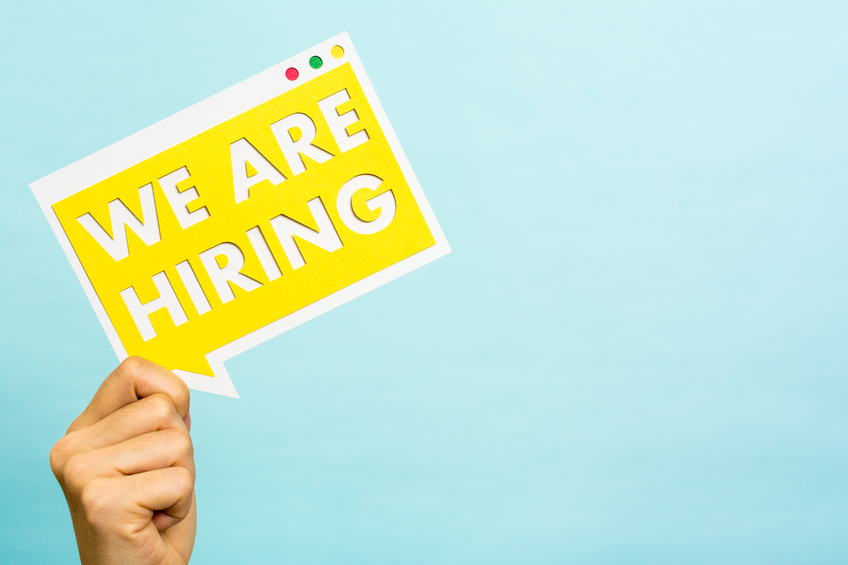In yesterday’s Advisor, we looked at some tips for a strong start to an interview, especially when it comes to introducing the organization to the interviewee. Today we present more tips on interviewing.
 |
If you’ve followed the tips in yesterday’s Advisor during the interview process, the interviewee will have a clearer picture of the organization and role before being asked about his or her background. Now that the candidate knows more about the job and about the company overall, he or she will be in a better position to explain how his or her experience will be a good fit for the role. By presenting the organization first, that also gives the interviewee time to relax and be better able to present him- or herself.
Now is when you’re really getting at the goal of the interview itself: learning about the candidate and evaluating whether he or she will be able to perform the job well. Here are some tips:
- As noted in yesterday’s Advisor, consider having a preset list of questions for candidates to ensure consistency and reduce the opportunity for subconsciously biased questions.
- Ask questions that directly relate to the ability to fulfill the job requirements. Listen to how the individual organizes and expresses his or her thoughts. Pay attention to what is emphasized, as this will give you clues to personality. Ask for specific examples so you can understand the candidate’s depth of experience.
- Ask good follow-up questions that relate directly back to what the applicant has spoken about. For example, if he or she mentioned leading a team of marketing staff, ask for information such as how many people were on the team and how long the individual was in charge of that team—get a full picture.
- Be sure to inquire about the applicant’s goals beyond just getting the job for which they applied. This will give insight as to whether this person has a realistic view of what can be expected in terms of job trajectory within the organization.
- Be sure to discuss the little details, such as the position start date. This is a prime time to further discuss salary and benefit requirements and other details like relocation or other benefits. (Depending on your interview process, this might be most relevant in the second interview rather than in the first; but it’s crucial to be on the same page.)
- Always formally close the interview by letting the applicant know what will happen next and give a realistic timeline. Explain, for example, if you’ll be conducting second interviews over the next few weeks and how soon to expect to hear from you. Be sure to thank the person for coming in. If appropriate for the situation, express tentative (or more formal) interest in the candidate to give an indication of how the interview went.
- Be sure to take the time to flesh out your notes after the interview is over. There’s rarely time to write everything during the interview itself, and it’s better to have more detailed notes to reference later.
Interviewing well takes practice. These tips are a good place to start when preparing for interviews with new candidates. What other considerations do you take into account when prepping for an interview?
